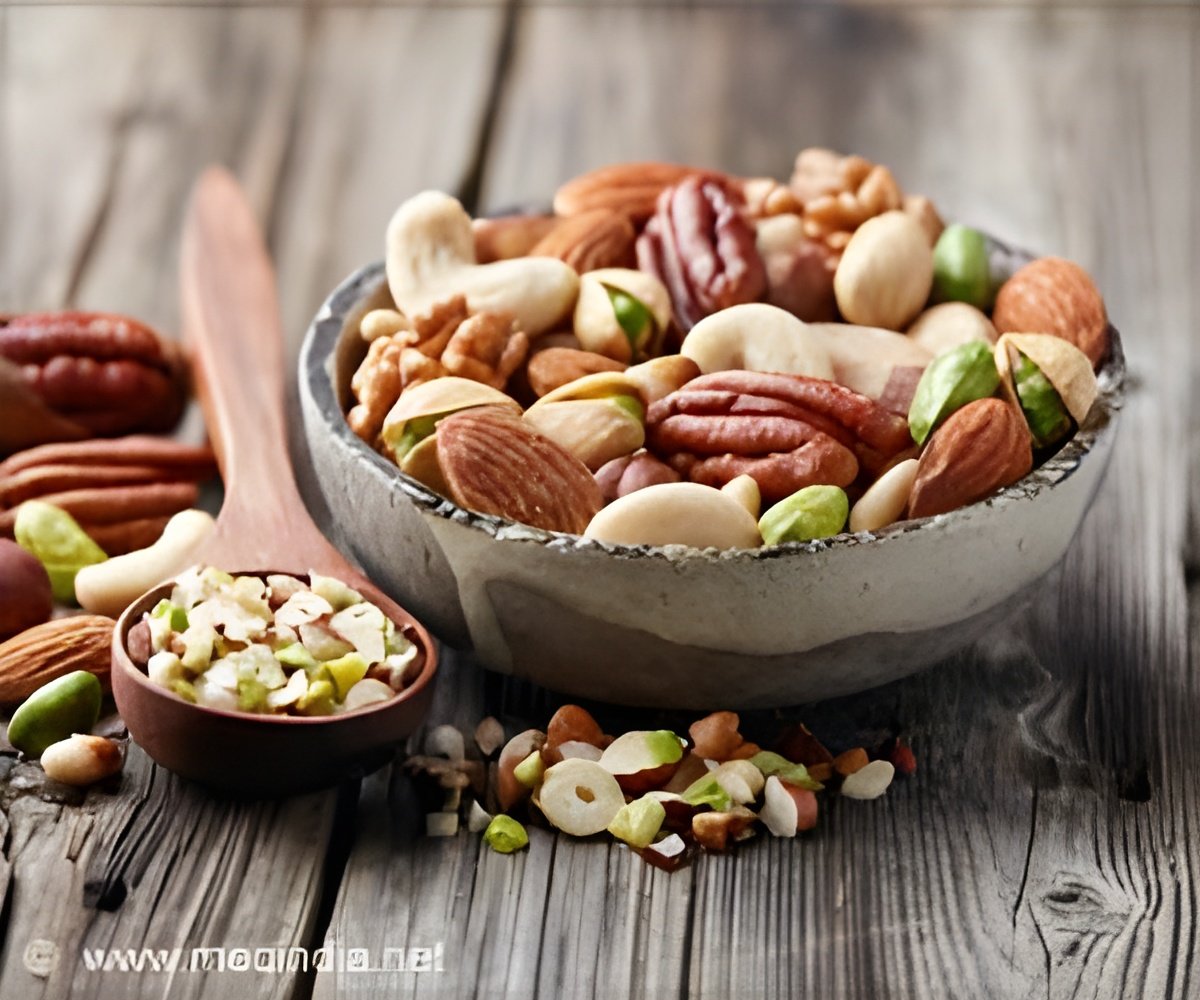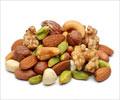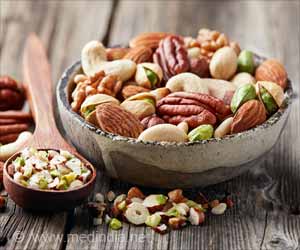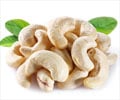Eating nuts can reduce the risk of diabetes and heart disease. Consuming two ounces of nuts a day can improve glycemic control and blood lipids in those with type 2 diabetes.

‘Nuts such as almonds, cashews, hazelnuts, Brazil nuts, pecans, pine nuts, pistachios, macadamias, walnuts, and peanuts can reduce the risk of diabetes and cardiovascular diseases. Eating two ounces of nuts a day can improve glycemic control and blood lipids in patients with type 2 diabetes.’





Researchers from the University of Toronto and St. Michael's Hospital in Toronto, Canada, found that tree nuts (almonds, Brazils, cashews, hazelnuts, pecans, pine nuts, pistachios, macadamias, and walnuts) and peanuts improved blood lipid levels and blood sugar levels in individuals with non-insulin dependent diabetes.This study, which was retracted by the authors at their request, was originally published in Diabetes Care. It was a 3-month parallel design with 117 non-insulin dependent adults with diabetes (men and women with a mean age of 62 years) who were all being treated with oral hypoglycemic medications. The subjects were randomized to one of three, diets for three months. The first diet included a supplement of 75g (~2½ ounces or ½ cup) of mixed nuts; the second diet included 38g (~1? ounces or ¼ cup) of mixed nuts and half portion of whole wheat muffins; and the third diet contained a full portion of whole wheat muffins.
Each supplement provided approximately 475 calories per 2,000 calorie diet. All of the diets contained roughly the same number of calories, but the nuts provided more unsaturated (i.e., healthy) fat and less carbohydrate.
The goal of the study was to determine if nuts improve glycemic control in non-insulin dependent diabetes, as assessed by HbA1c (a marker of blood sugar control over the previous three months), and also improve markers of cardiovascular health.
"The original findings revealed that the full dose nut group had a significant reduction in HbA1c compared to the other two groups," stated David Jenkins, MD, Ph.D., DSc, with the University of Toronto and St. Michael's Hospital.
Advertisement
According to Cyril Kendall, Ph.D., co-investigator of the study, "The improvements in blood glucose control and blood lipid levels that can be achieved by dietary and lifestyle changes are significant and could make a substantial contribution to the treatment of those with type 2 diabetes. Nuts are a healthy and flavorful option for individuals with diabetes that also promote healthy body weight."
Advertisement
Interestingly, adults with diabetes are two to four times more likely to die from heart disease than adults without diabetes.
According to Maureen Ternus, M.S., R.D., Executive Director of the International Tree Nut Council Nutrition Research & Education Foundation (INC NREF), "While we've known for years that eating nuts every day can help reduce the risk for heart disease, these findings show that consuming nuts may be helpful in controlling type 2 diabetes as well."
Source-Eurekalert















